What chess level is my child?
Parents of young chess players often ask {YEL!}, “What level of chess is my child?” or “How good at chess is my child?”
We will answer this question in two general areas.
-
{YEL!} Chess Classes
-
USCF Rating system and other websites that use a similar calculation.
{YEL!} Chess Classes
{YEL!} runs hundreds of in-person classes and summer camps in dozens of communities. YEL also runs online classes. The online classes are broken into groups based on students level of chess proficiency.
1.0 Chess for Beginners
(suggested ChessKid.com rating = 0-1000…see below for more details)
YEL Online Chess 1.0 for Beginners starts with the very basics: piece movement, capture, check & checkmate, piece value, the rook ladder (click on the moves below to view the pattern), and more.
The rook ladder lesson is a good barometer of when a student is ready to move on. It is a basic checkmate pattern that all 1.0 students should be familiar with and 2.0 and above students really should have mastered.
This puzzle is a sample of how it might look against a more aggressive player.
Now it’s your child’s turn. Click here to try out the position on Chess.com (you do not need a membership to practice this position).
Download this document (Chess.com:Analysis How to) to learn how to use Chess.com/Analysis to practice chess puzzles. Use this FEN: 8/8/8/8/8/3k4/6R1/3K3R w – – 0 1
Or grab your chess board at home and set up the above position and ask your child to checkmate you using the Rook Ladder. Email us at info@yelkids.com with any questions.
2.0 Chess for Beginners+
(suggested ChessKid.com rating = 600-1100…see below for more details)
The YEL 2.0 chess class dives into basic opening theory, forks, king and queen checkmate patterns and more. Students who join this level should have a thorough understanding of the 1.0 lessons.
Here is a sample of the King and Queen vs King checkmate pattern.
Here is the same, but you can scroll through the moves:
CLICK HERE to try out this position against the Chess.com computer.
3.0 Chess for Intermediate Players
(suggested ChessKid.com rating = 900-1200…see below for more details)
3.0 is a hardy level with lessons in discover check, double check, pawn squares, smother mates (see lesson below). Students at this level require a thorough understanding of the 1.0 and 2.0 levels. It’s also common for students to repeat this level 2-4 times due to the amount of lessons we have and the depth of the 4.0 curriculum.
Click here (3.04 Smother Mate | Worksheet) to download Smother Mate puzzles.
Email us at info@yelkids.com to get the answers.
4.0 Chess for Advanced Players
(suggested ChessKid.com rating = 1100-1400…see below for more details)
The 4.0 curriculum is currently our most advanced level. This level address in-depth openings, master level game analysis, end game practice, and more. USCF National Chess Master Nathan Hoover runs this class and has taught literally thousands of students how to play chess.
Students at this level return again and again. Once we have exhausted all the curriculum at this level (we have gobs of curriculum) we will begin a 5.0 series of lessons for students who are ready.
USCF Ratings
The USCF is the United States Chess Federation and it is the official governing body for chess in the United States of America. To attain a rating with the USCF you need to: A) Purchase a USCF membership; and B) Start playing in USCF rated tournaments.
The USCF has a chess rating formula. You can view the topic more thoroughly here (http://www.glicko.net/ratings/rating.system.pdf) or on Wikipedia here (https://en.wikipedia.org/wiki/Chess_rating_system)
However, if you want the basics they are:
- If you win, your rating goes up.
- If you lose, your rating goes down.
- If you win against a much stronger player, your rating goes up more.
- If you lose against a much lower rated player, your rating goes down more.

Others that use similar formulas
ChessKid.com, CXR chess, Chess.com and many other websites use a similar formula to the USCF formula. Students can received a rating from these entities, but unless otherwise noted, they are note official USCF ratings.
YEL uses ChessKid.com and Chess.com for our online lessons and CXR chess for our in-person tournaments. These are all fantastic resources for chess players.
ChessKid.com in particular has excellent tournament options and game play. They offer Fast Chess Ratings as well as Slow Chess Ratings. The ratings referenced above are for Fast Chess.
The opinion of YEL and our coaches is that a USCF rating is useful once your child is a very competitive chess player. For instance, they have reached or surpassed our 4.0 online curriculum, have a ChessKid.com rating of 1500 or better and have some experience with in-person tournaments. If a child is at that level and they plan to play chess throughout their youth and maybe even into adulthood, we do recommend joining the USCF and playing in more USCF tournaments.
Where does my child stack up?
We have a table above and here is the same one. Email us at info@yelkids.com with further questions.
[table id=148 /]
What’s Next?
If your child is interested in chess and wants to learn more, we suggest signing up for a YEL Online Chess class or a YEL in-person chess class.
Depending on your child’s level, these chess classes can help them learn a great game that has stood the test of time.
If your child is an advanced player and you are looking for lessons from an amazing coach, visit NM Nathan’s Hoover’s booking page for private lessons.
You can find all of our options by clicking REGISTER and searching for classes near you.
If you don’t see any classes in your area, reach out to us and we’ll see what we can do to start programs at your school.
FRANCHISING – YEL is offering franchise opportunities in 37 states. CLICK HERE to find out more about owning your own YEL Franchise. We’d love a caring and dedicated local leader to head up our programs.
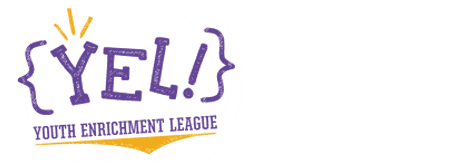
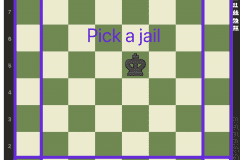
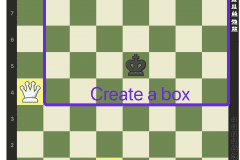
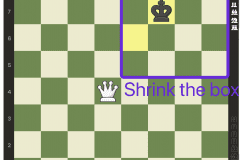
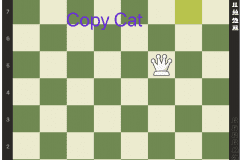
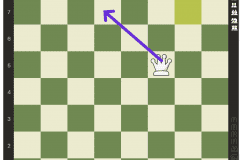
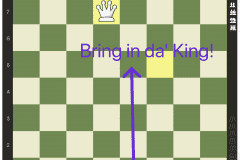
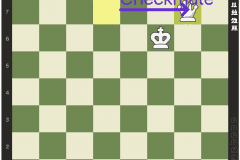
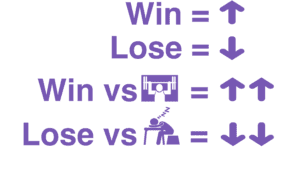
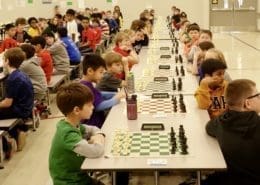
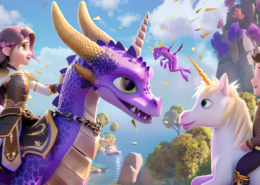
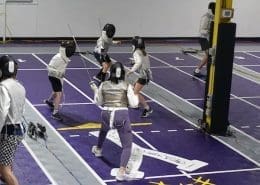 2023 YEL
2023 YEL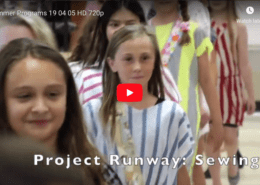
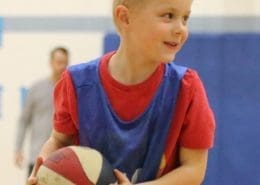 2019
2019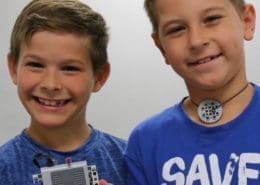
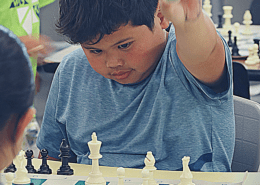 2019
2019
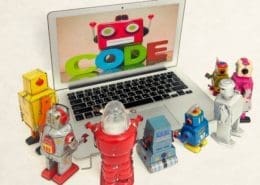
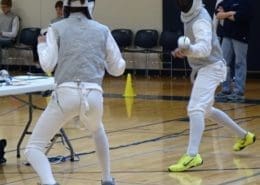 ©2019 YEL
©2019 YEL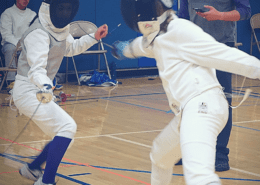
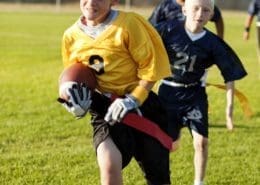 ©2019 YEL
©2019 YEL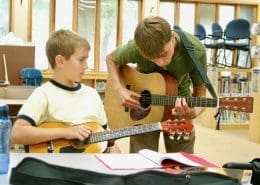
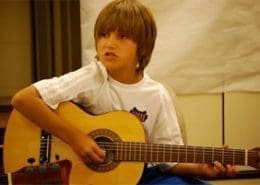
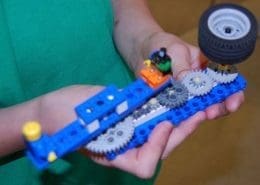
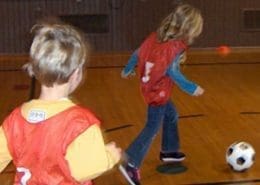

 ©2019 YEL
©2019 YEL